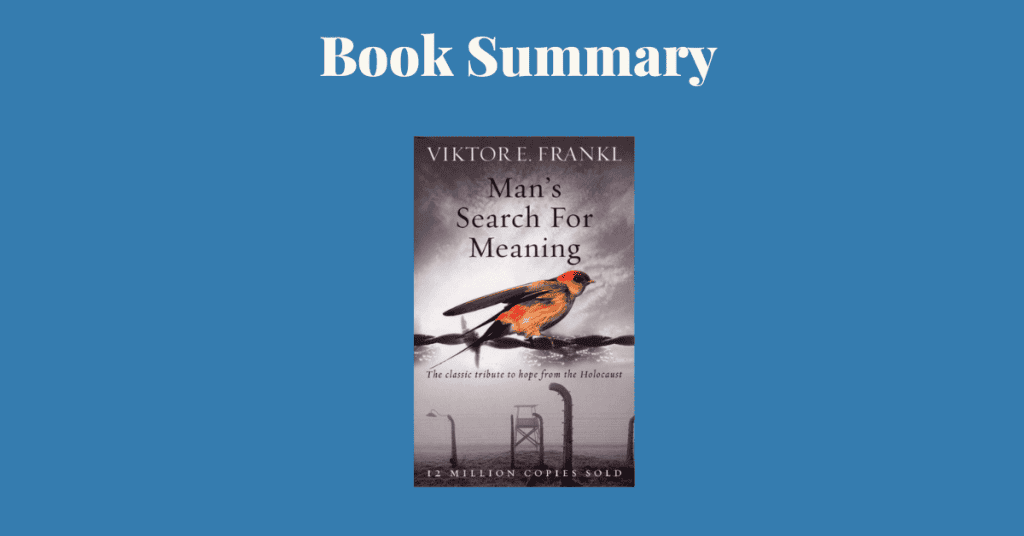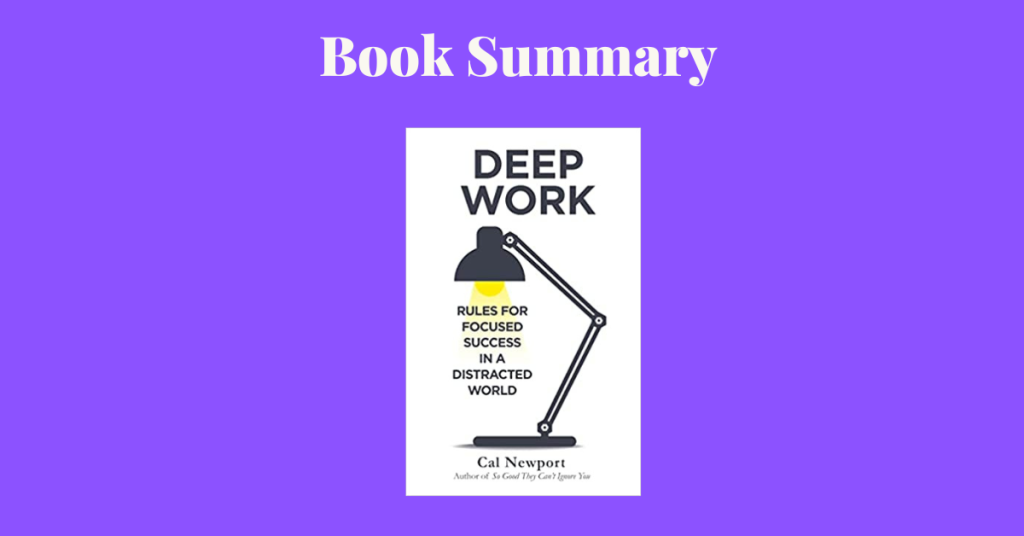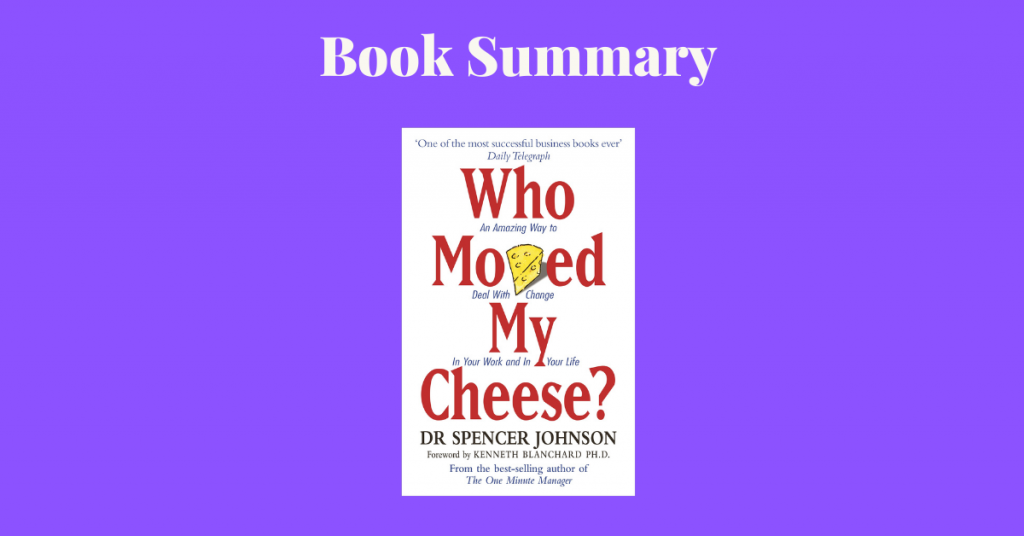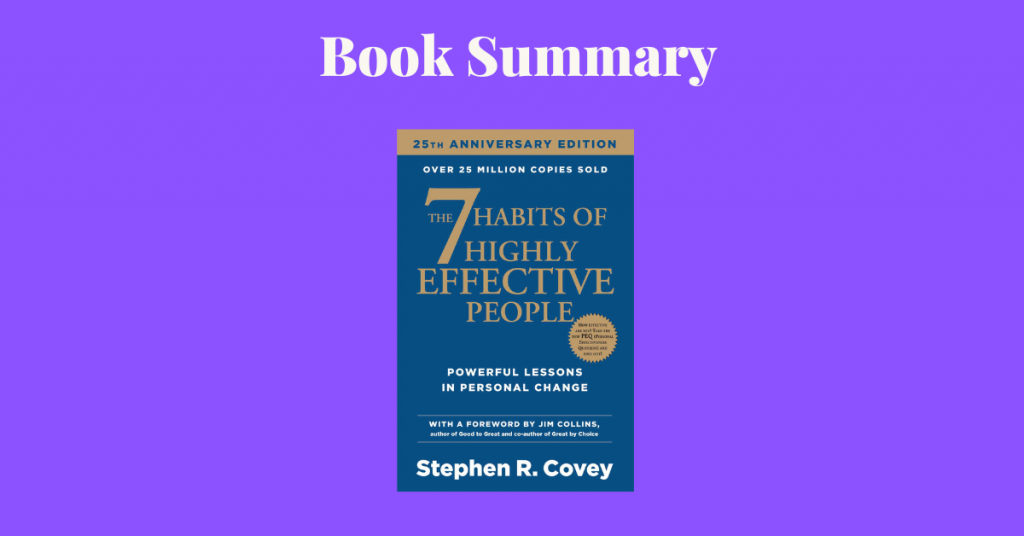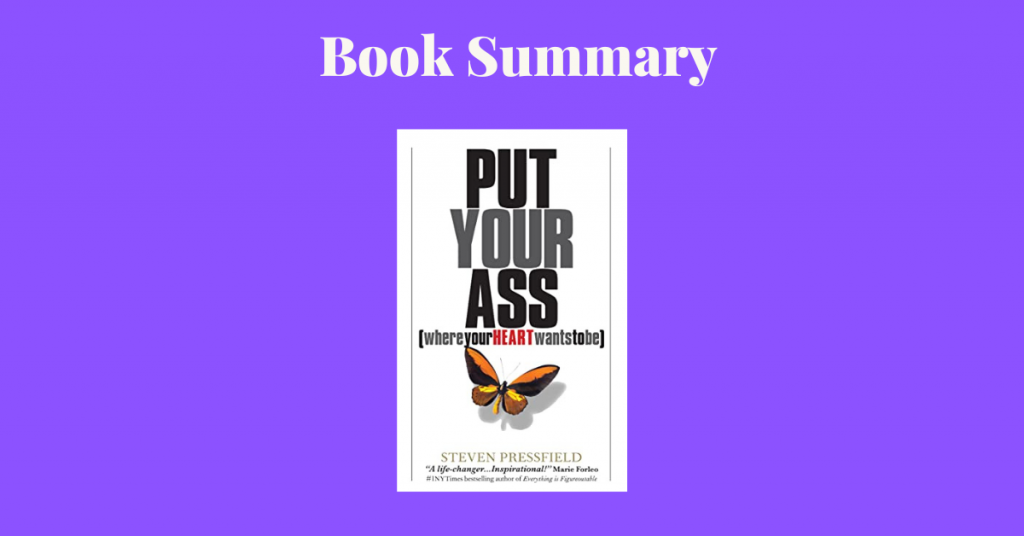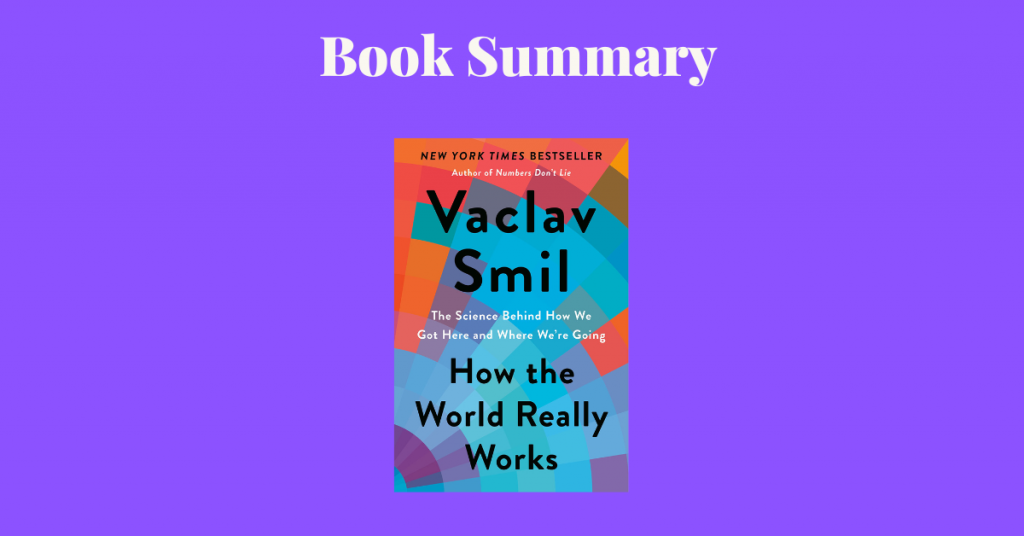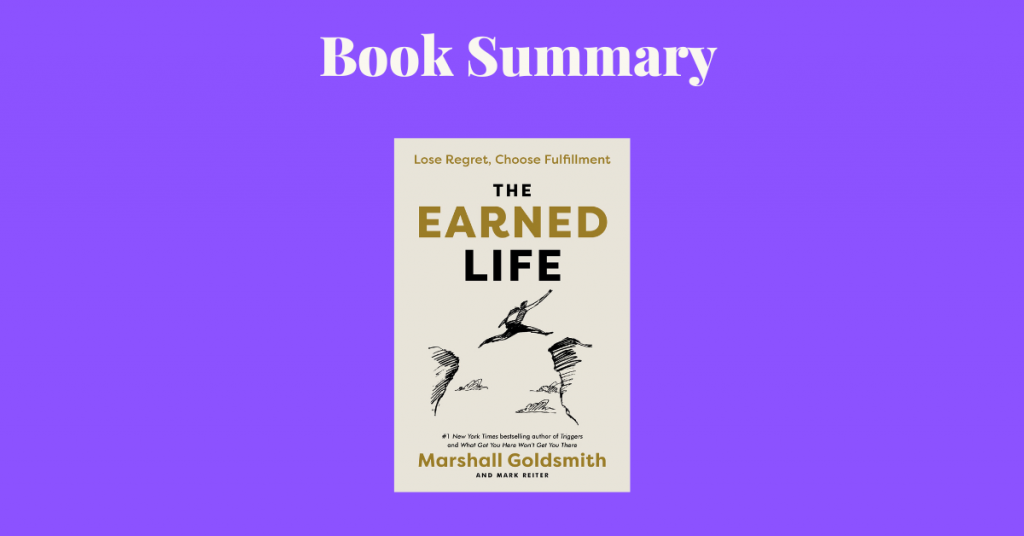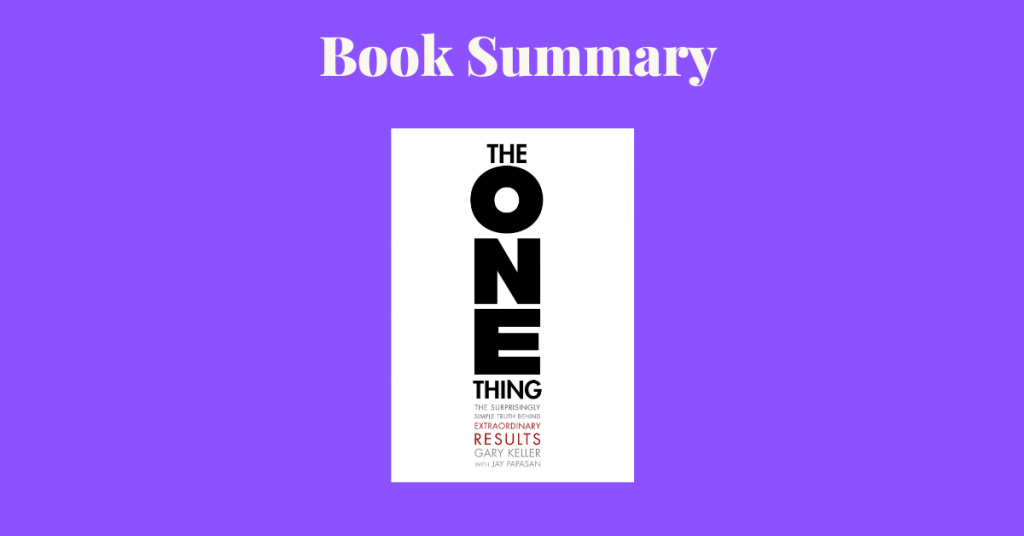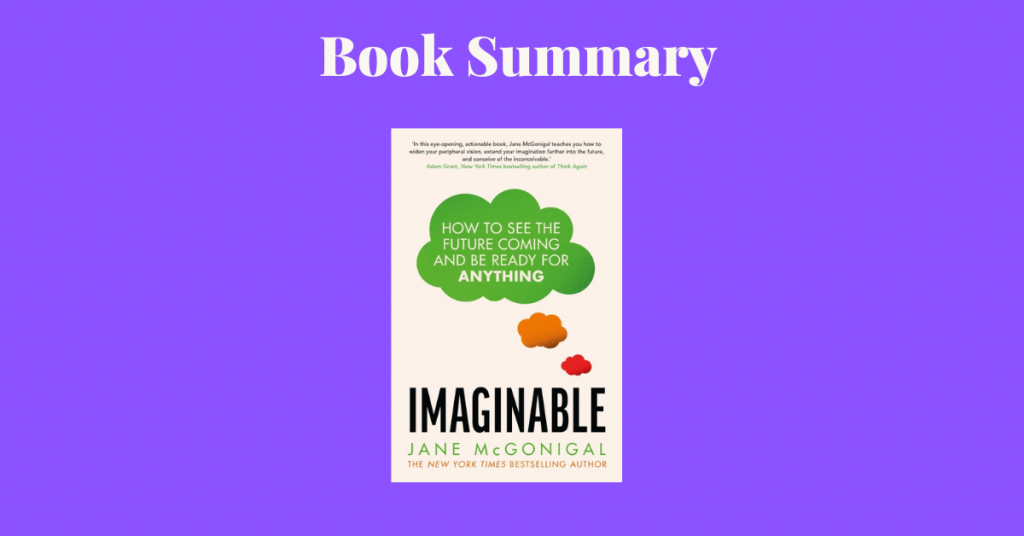The 4-Hour Workweek Book Summary, Review, Notes
In his book The 4-Hour Workweek, Tim Ferriss shows readers how to live more and work less by sharing the lessons he learned after he tried a series of “nothing-to-lose” experiments to cut the time he spent working drastically. His most valuable advice is to: 1. prioritize effectiveness over efficiency; 2. test the viability of […]
The 4-Hour Workweek Book Summary, Review, Notes Read More »
